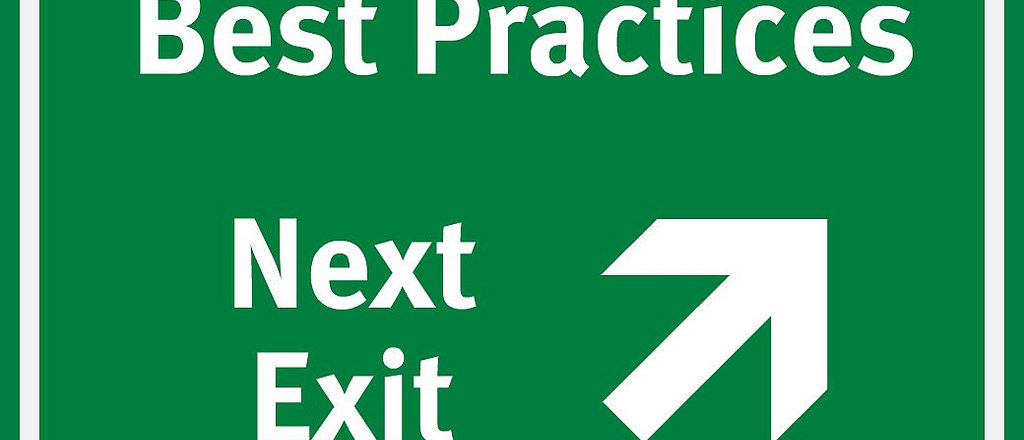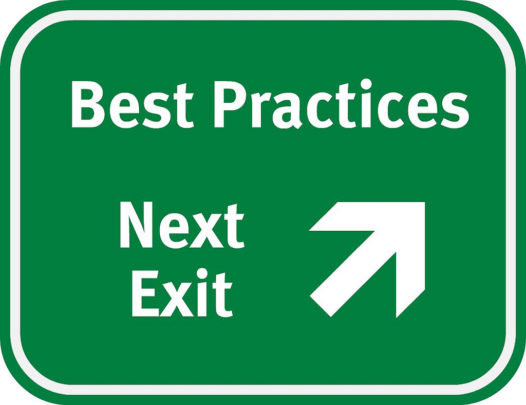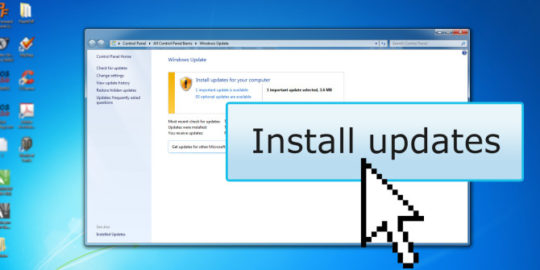It’s important for small businesses to make the most of their IT capabilities, so understanding what the best IT practices are is paramount.
If you can implement the right IT practices in your organization then you’re clearly a smart thinker as it can only lead to increased productivity. However, for a small business this isn’t always the easiest strategy to formulate. The cost of investment can often restrict your use of brand new technology, so you need to be a little bit smarter. And the good news is that costs can be kept to a minimum.
To help you get started on getting the best out of your IT, I’ve put together a list of five best IT practices for small businesses.
- Backing up the Right Data
Backing up data can be an expensive process. Not only is physical storage costly, but cloud storage can soon start totting the dollars up. However, this is all dependent on the amount of data you want to back up. Therefore, if you can reduce the amount of storage you need to backup, you can reduce your storage costs. The best way to achieve this objective is by thoroughly researching how your data is used and determining exactly what you need to backup.
- Staff Security Knowledge
Cyber security should be a major concern for all businesses, but for a small business it’s crucial. With a wide range of new cyber-attacks such as ransomware and phishing emerging every day, the risk of your business operations being disrupted is high. Whilst firewalls and carefully secured, partitioned servers can make a huge difference, it’s even more useful for your employees to understand good security practices. All it takes is one malicious email to be clicked on to bring your organization to a halt, so ensure that regular refresher courses on security threats are conducted for your employees.
- Install all Updates
Keeping on the security theme, it’s essential that all updates for your software and hardware are installed as soon as possible. Once your IT equipment becomes even slightly out of date then it’s at risk of becoming vulnerable to hackers. However, if all the latest updates and firmware upgrades are installed, then you’re improving the defenses of your data no end.
- Good Power Protection
Your PC technology is important, so you need to ensure that it’s protected from the damaging effects of power outages and surges. Not only can these events reduce the lifespan of your technology, but they’re also capable of wiping data if they happen in the middle of a backup. To counter this risk, it’s vital that backup hardware comes with adequate battery support to keep backups running. Likewise, ensuring that your servers have reserve power supplies which are uninterruptible can help keep your data accessible and safe at all times.
- Provide Good Technical Support
Your business needs professional IT support, there simply isn’t any other option if you’re working with PCs. And when I say professional, I mean professionally trained and not a hobbyist who likes to tinker with their PC every now and then. Knowledge, after all, equals authority and when you’re working with complicated technology, you need as much authority as possible. Maybe this will be outsourced or maybe you’ll build an in-house team, either way it should be a priority for your organization.
For more ways to secure and optimize your business technology, contact your local IT professionals.









